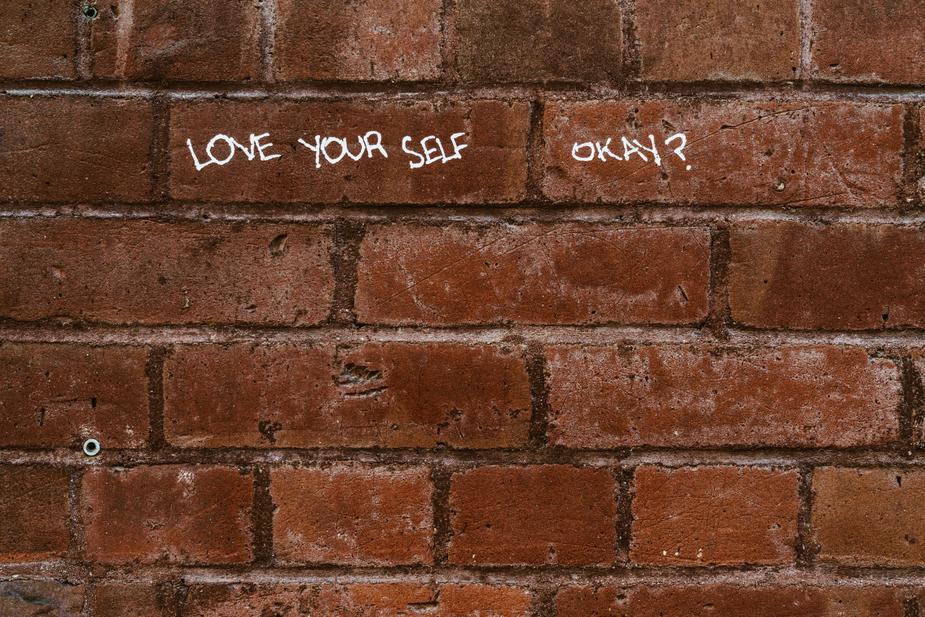I’ve been stuck on blog entries for the last few weeks. Typically, I develop an update based on themes I’ve noticed in recent therapy sessions, pulling from them as inspiration. I feel productive and insightful sharing my perspective on subjects. Of course, it’s always nice to receive feedback.
Recently, I haven’t been able to pinpoint a theme. Nothing has really stuck out as something I could expand upon and offer as engaging content to an audience. In sharing about this challenge with other coworkers, I’ve realized I have fallen into an old pattern. I am placing an expectation on my content, pressuring myself to make something that I deemed as “good enough.” The bar has been set to some unknown level of insightful or interesting, because— and I admit this quite candidly— that will increase my chances of receiving positive feedback.
It’s unrealistic and unsustainable when I consider the initial purpose of writing. This is a creative outlet and a convenient way to share my ideas. If they happen to interest others, that is wonderful. However, if they do not and I have used that as a bar for my success, I have set myself up for failure.
Now that I am writing it out, this is a theme I see in my office all the time. A subtle method of self-sabotage to which so many— including myself— subject ourselves, the message of not good enough extinguishes our motivation. Before we’ve even had the chance to start a new project, goal, or dream, the needling voice in the back of our minds has doomed us. We can never be good enough, according to this pattern, and therefore anything we attempt will not meet our expectations.
“[Perfection] is the enemy of good.” – Voltaire
If you are a perfectionist like me, that is usually enough to stop you before you’ve even started. There is a misconception that perfectionists are overachievers and strive to out-do those around them. Some of that may be true at times. Perfectionists also tend to compete with themselves and their expectations, and if they believe they might not succeed or win, they don’t bother trying. It’s a crippling anxiety, literally preventing growth and healing from the wounds that caused it.
In my efforts to overcome this pattern, I must let go of my attachment a particular outcome. If I am open to possibilities and the chance that good enough might exist, I can discover more potential within myself and I can grow. I can personally nurture myself away from that perfectionism, which somehow deceives me into believing I should already have maximized all my potential. This pattern believes I have no room to grow. It’s misguided, and impossible.
We are all flawed, and we are all still learning. With acceptance of this, I can understand that making effort to try something, even if it might not be perfect gives me the opportunity to learn about myself and discover what I can create. If you notice this pattern within yourself, believe that good enough is a possibility. There is more potential there than in perfection.










